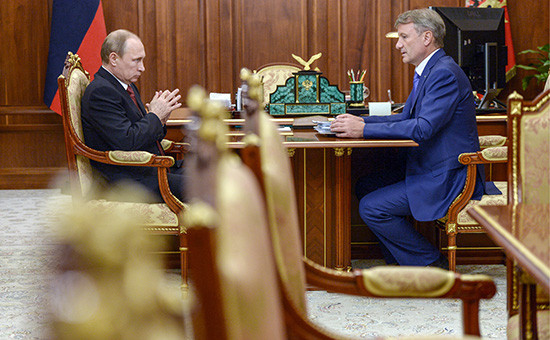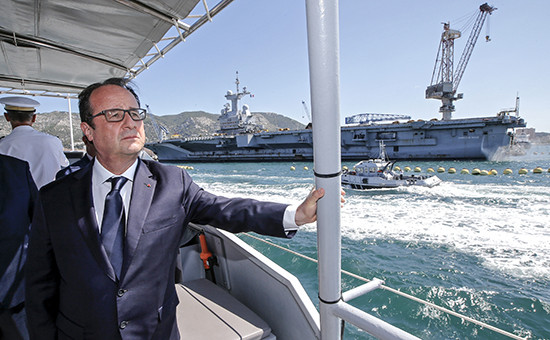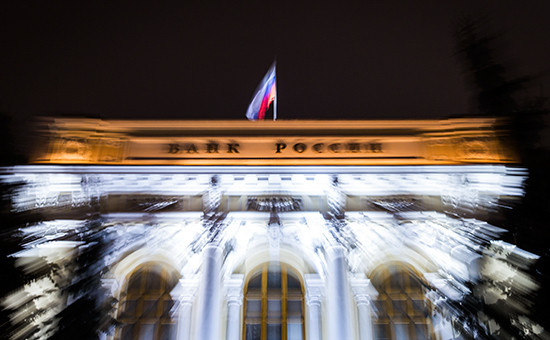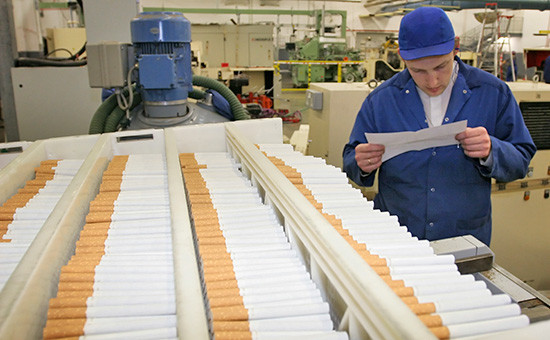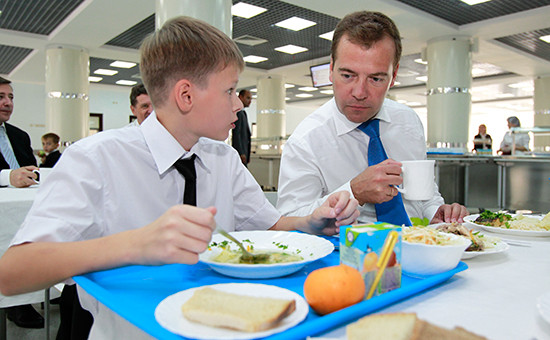After the official statement of the EU that Georgia supported the economic sanctions against the Russian, Georgian officials were quick to refute this information. Tbilisi, according to them, only extended the previous ban on the import of products made in Sevastopol and the Crimea. Georgia’s attempt to sit on two chairs, you can understand – the country again risks losing the promising Russian market.
Seven European countries have joined the extension of the EU sanctions against the Crimea, including Georgia and Ukraine. On Thursday said the head of the EU diplomatic mission Federica Mogherini. Her statement made public on the website of the EU Council.
On the eve of the European Union issued a press release in which it stated that the candidate countries join the EU, in particular, Montenegro and Albania, as well as members of the European Free Trade Association countries Iceland, Liechtenstein and Norway, as well as Ukraine align themselves to the decision of the EU Council on the extension of sanctions against Russia before January 31, 2016. After them, it was announced, it has joined the anti-Russian sanctions and Georgia.
The Kremlin, in turn, did not rule out retaliatory measures against seven of these countries. “Once again, we reiterate that, of course, is a fundamental principle of reciprocity” – reacted presidential press secretary Dmitry Peskov.
But soon after the announcement Mogherini sand Georgian authorities clarified that it is not so loud statement, and the EU can be considered a “stretch.” Georgia, as before, supported the sanctions only in the Crimea and Sevastopol.
Special Representative of the Georgian Prime Minister for relations with Russia Zurab Abashidze said that his country did not take further decisions on the accession to the EU sanctions against the Russian Federation. He recalled that Europe in June last year because of the events in Ukraine introduced in respect of the Russian Federation 12 different sanctions. Georgia decided to join them only to the extent that the export of products made in Sevastopol and the Crimea.
Earlier, in May this year, the president of Georgia Giorgi Margvelashvili said that sanctions against Russia are needed as a demonstration of the unacceptability of political actions of the Russian Federation in relation to neighboring countries. Margvelashvili said then that “Georgia has chosen the path of European integration is not for enmity with Russia, for its development”, and Russia, in turn, “should be interested in a stable and democratic neighbors.”
However, in August 2014, Georgia refused to impose sanctions against Russia. In Tbilisi, while the EU made it clear that relations between the two countries and no sanctions are at the lowest point. Georgia broke off diplomatic relations with Russia in August 2008, after an armed conflict. “This is the toughest form of relations between the two countries. The more severe form of the relationship does not exist. At this stage, the Government of Georgia longer can not do anything, “- said Abashidze.
The Georgian Foreign Ministry also did not support sanctions against Russia.
7 August 2014, Minister of Foreign Affairs of Georgia Maia Panjikidze stated in an interview with “Georgia Online», that Western sanctions against Russia do not contribute to the output of the Ukrainian crisis.
In addition, the waiver of sanctions against Russia Georgia senselessness explained in terms of economy . Special Representative of the Prime Minister for relations with Russia Zurab Abashidze explained as follows: the volume of trade between the countries is so insignificant, that it makes no sense to introduce sanctions. “If someone assumes economic and trade relations and Georgia’s accession to the sanctions, it should be noted that the volume of trade relations with Russia are so insignificant that this topic is now actually irrelevant,” – “Interfax” referring to an interview with Abashidze, the first channel of the Public Broadcasting of Georgia.
It is obvious that Georgian officials are evil. Trade turnover between Georgia and Russia across the EU is really modest. But to say that it is insignificant for the Georgian side, can only be a stretch – we are talking about hundreds of millions of dollars. For the tiny Georgian economy is not extra money. In addition, in 2013-2014 trade grew rapidly – Georgia finally began to return to the Russian market after the 2008 conflict. It is worth noting that, despite the declared strategic objective of “European perspective” to reorient trade in the EU market over the past decade and failed. At the end of 2014, no European country is among the five major buyers of goods from Georgia. The leaders are Turkey and Azerbaijan.
Russia, according to the Statistical Service of Georgia, ranked fourth among the leading trade partners of Tbilisi after Turkey, Azerbaijan and China. Two years ago, she took the sixth position.
The Georgian exports in 2014 it totaled $ 2.86 billion, up 5% compared to 2013. The export of Georgian products (wine, food) in Russia last year increased by 44.2% – to $ 275 million and imports (the supply of gas, electricity, wheat and food products) decreased by 1.7%, to $ 577, 7 million. It is significant that in 2012-2014 exports to Russia increased by six times.
The most popular of foodstuffs imported from Georgia to Russia are strong and soft drinks. Only in 2014, according to the Federal Customs Service, exports of this category of goods amounted to 152 ths. Tons worth $ 135 million. And for mineral and sparkling water of this amount accounted for only $ 4 million, for ethyl alcohol – $ 17 million, while natural Grape wine – $ 113 million. Also, small amounts of imported beer.
In 2015, shipments decreased significantly: in the first five months of this year in Russia were imported 33.9 thousand. Tons of Georgian alcoholic and non-alcoholic drinks, including the popular drinking water “Borjomi” in the amount of $ 33 1 million. It is possible that this is due to the current political differences between the countries.
A representative of IDS Borjomi Russia (head office – in Kiev) declined to comment.
Another important article of the Russian export of Georgia in Russia – fruits and nuts.
According to these articles, the export is also declining. During 2014 in the Russian market was presented 20 th. Tons of these products worth $ 19.5 million in the first five months of this year – 1 ths. Tons worth $ 1.2 million.
Finally, if Georgia will join the full-scale sanctions against Russia, and that, in turn, will respond, problems can arise at the large Georgian diaspora. Now aviapotok between Tbilisi and Moscow is growing. In January – May 2015 it grew by 65% compared with the same period last year, to 87 th. Passengers. From the Russian Diaspora in Georgia has transferred almost $ 700 million.
The aggravation of Sanctions on the front, if it happens, will hit Tbilisi.
From Russian business will suffer most likely only airline. “Russian airlines have started to fly more to Georgia than in the past year, the direction is rather popular in Russia, a large Georgian diaspora” – said a senior researcher at the Higher School of Economics (HSE) Andrey Kramarenko.
According to him, in addition to the airline flights to Georgia has been actively making the tourism industry.
Other relevant materials on a daily basis to your e-mail:

MAKS-2015
Tickets for the special price of “Gazety.Ru»


